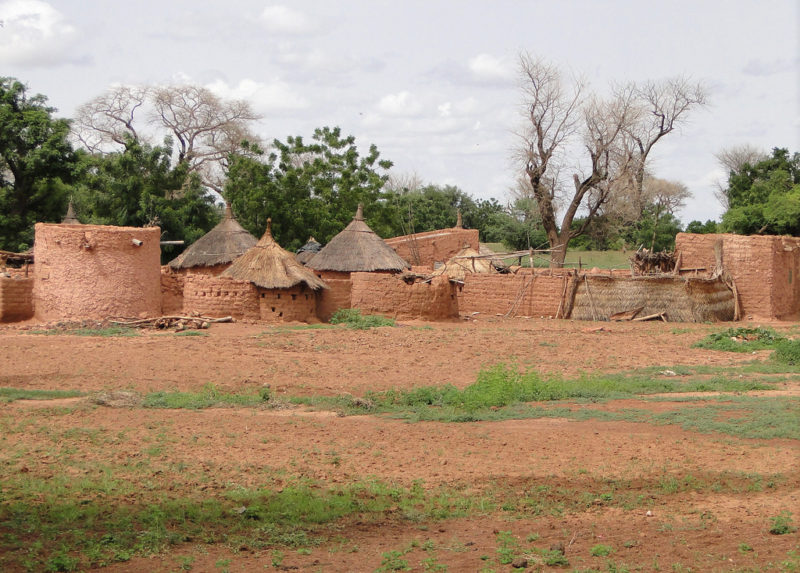- About
- Topics
- Story
- Magazine
- In-Depth
- Picks
- Opinion
- News
- Donate
- Signup for our newsletterOur Editors' Best PicksSend
Read, Debate: Engage.
| topic: | Innovation |
|---|---|
| located: | Rwanda |
| editor: | Bob Koigi |
Africa's urban population is the fastest growing globally, making up 40 per cent of the total and poised to reach between 50 and 60 per cent by 2050. By 2030, six of the world's 41 megacities will be in Africa.
As more people migrate to cities and urban towns for opportunities, population explosions are choking African cities as social amenities, such as water, sanitation, hospitals, roads and schools, remain limited and can no longer handle the growing numbers.
The shift has fanned a social crisis, with research by the World Bank showing that African poverty could be urbanising as a bulk of urban residents live in informal settlements without essential services even as the world seeks to attain inclusive, safe, resilient and sustainable cities in line with the UN's Sustainable Development Goals.
A new urban revolution led by technology has caught global attention. Inspired by a need to embrace innovation and data-driven solutions, smart cities solve endemic problems occasioned by overpopulation and urbanisation.
Kigali, the capital city of Rwanda, is one such example. Monikered in some quarters as the Silicon Valley of Africa, the city has earned accolades for public order thanks in part to a flurry of innovative solutions.
The Kigali Green City project, a first of its kind in Africa, seeks to provide green and affordable housing even as it embraces sustainability by connecting affordable housing with climate change mitigation and adaptation mechanisms.
Innovation City, another project unveiled by the government in 2016, has seen the development of a robust fibre optic infrastructure offering 4G technology to over 95 per cent of the population. This infrastructure has opened up Kigali to numerous opportunities across various sectors, such as education, by increasing learning institutions, student enrollment numbers and development of tech solutions that are making Kigali smart.
It was little surprise then that Kigali emerged as the African premier smart city out of the 30 cities that had been profiled in the 2023 African Smart City Index, hailed for investments in e-governance, promotion of well-being and environment protection that have contributed to making it an innovative and sustainable city.
As South Africa battles water shortages and constant power blackouts, Cape Town embraces the Internet of Things and real data to find sustainable solutions to the current problems.
The city's government has been betting on sensors installed in the city to collect real data from various waste bins, traffic lights, electricity and water meters to provide fast-track service delivery to its people. There are endless opportunities for what this data can do in future, including crime management and urban farming optimisation, among others.
As the world stares at unprecedented migration of people to rural areas, and as amenities struggle to accommodate this burgeoning population, the smart cities model could be the panacea to the urbanisation crisis in Africa.
Image by Sophie Pascarella de Klerk.

